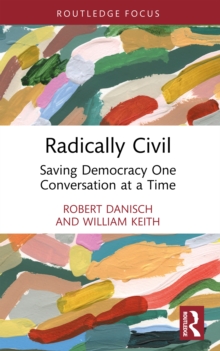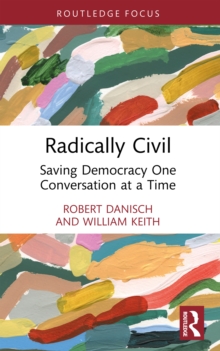
Political Communication Online : Structures, Functions, and Challenges PDF
by Ognyan Seizov
Part of the Routledge Research in Political Communication series
Description
The impact of the Internet on political communication has been significant and multifaceted: it expanded the reach of political messages; opened the floodgates of decontextualization and intercultural misunderstanding; made room for new genres and forms; and allowed for the incorporation of every previously existing communication mode into complex multilayered documents.
Political Communication Online places these developments in their social and media context, covers various disciplinary backgrounds and how they can contribute to a common understanding of the evolving online media landscape, and proposes a novel methodological tool for the analysis of political communication online. Seizov offers an approach that places context at the core of the theoretical and methodological discussion by discussing the traits of online communication that make it a unique communication environment. The book then brings together different disciplines which have important contributions for the study of political communication online but have not been integrated for this purpose so far, such as visual communication, multimodal research, and cognitive psychology. Seizov introduces the book's main theoretical and methodological contribution to multimodal document analysis, the annotation scheme "Imagery and Communication in Online Narratives" (ICON), and explores how the ICON approach works in practice. Taking four distinct genres of online political communication - news, election campaigns, NGOs, and social movements - the book presents the analyses of convenience samples from each of them in detail.
This text features a comprehensive theoretical discussion of vital current developments in online political communication, places these developments in context, and couples that with a practical demonstration of the novel methodology it proposes.
Information
-
Download - Immediately Available
- Format:PDF
- Pages:174 pages
- Publisher:Taylor & Francis
- Publication Date:24/04/2014
- Category:
- ISBN:9781317815570
Other Formats
- EPUB from £21.86
- Hardback from £140.00
- Paperback / softback from £38.55
Information
-
Download - Immediately Available
- Format:PDF
- Pages:174 pages
- Publisher:Taylor & Francis
- Publication Date:24/04/2014
- Category:
- ISBN:9781317815570










